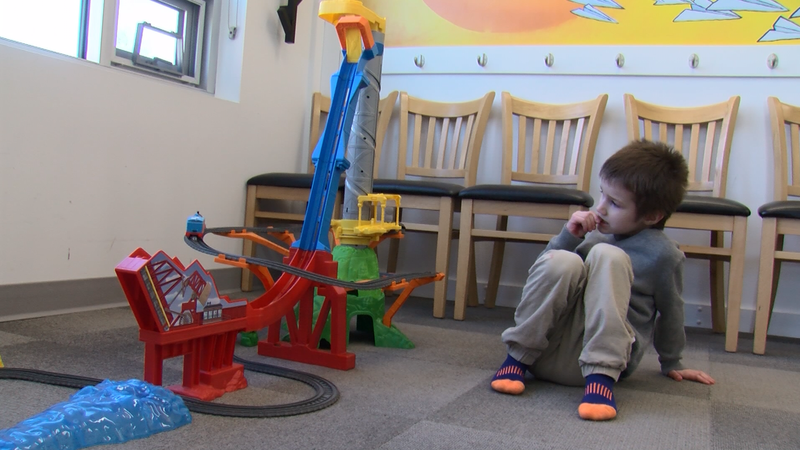
Proposed changes to BC autism funding under fire in recent analysis
PRINCE GEORGE – Proposed changes to the way children in BC diagnosed with autism are funded have come under fire in a new analysis by a former UBC Professor.
BC’s Ministry of Children and Family Development has proposed a new model with family connections centres (FCC) which will significantly change the way families who currently receive funding can get support.
